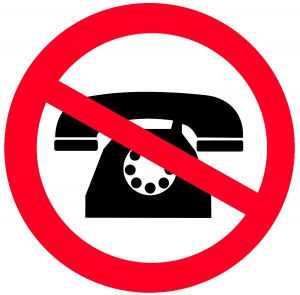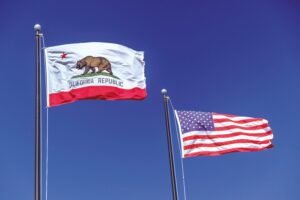August 30, 2018

The Federal Trade Commission (“FTC”) has announced that it will increase the fees that entities pay to access telephone numbers on the National Do Not Call Registry (the “Registry”) per the terms of the Do Not Call Registry Fee Extension Act of 2007 (the “Act”). The fees for yearly access to the Registry for telephone numbers in a single area code will increase by $1, to $63 per year, and increase by $385 to access all area codes nationwide, to an amount of $17,406. The increases will become effective on October 1, 2018.
Who do the Do Not Call Registry fees apply to?
Access to the Do Not Call Registry
Consumers can register with the National Do Not Call Registry (the “Registry”) to prevent receiving telemarketing calls. Under the Telemarketing Sales Rule (“TSR”), political organizations, charities, telephone surveyors, and companies with which a consumer has an existing business relationship are exempt from the do not call provisions. Exempt surveyors are required to comply with TSR regulations if they offer to sell goods or services in conjunction with their surveys. Additionally, businesses that have an established business relationship with a consumer may call the consumer for up to 18 months after the consumer’s last purchase, delivery or payment, and for up to three months from the date of the consumer submitting an inquiry. If, at any time, the consumer makes a request for the company to cease calling, the company is required to cease all future calls.
Access to the Registry is limited to sellers, telemarketers and other service providers. Exempt organizations that request access to the Registry are heavily scrutinized by the FTC and may be subject to civil and/or criminal penalties if they falsely subscribe to the Registry as an Exempt Organization. Sellers, telemarketers and service providers receive Subscription Account Numbers (“SAN”) for subscribing to the Do Not Call Registry. If a seller hires a telemarketer to make calls on its behalf, the seller must share its SAN with the telemarketer so that it can access, and scrub against, the Registry.
Compliance with the Do Not Call Registry
It is against the law for a seller or telemarketer to call any number on the Registry (unless the call is otherwise exempt). Violations of the Do Not Call provisions can accrue fines of up to $41,484 for each individual call. A seller or telemarketer may be able to successfully challenge a Do Not Call violation if it can demonstrate that: 1) it has written procedures in place that otherwise comply with the Do Not Call requirements; 2) it has personnel trained in those procedures; 3) it monitors and enforces compliance with these procedures; 4) it maintains an internal do not call list; 5) it accesses the Registry no more than 31 days before calling consumers, and maintains records documenting this process; and 6) the subject call(s) was/were placed as the result of an error.
The Registry is enforced by the FTC, the Federal Communications Commission (“FCC”) and state regulatory agencies. Please note that many states have separate do not call registries with associated lists that should be scrubbed against prior to calling state residents. Telemarketers and sellers must ensure that they comply with state and federal telemarketing rules and regulations to avoid significant penalties. If your company is the subject of a telemarketing lawsuit or you require assistance in complying with telemarketing laws, please email us at info@kleinmoynihan.com or call us at (212) 246-0900.
The material contained herein is provided for informational purposes only and is not legal advice, nor is it a substitute for obtaining legal advice from an attorney. Each situation is unique, and you should not act or rely on any information contained herein without seeking the advice of an experienced attorney.
Attorney Advertising
Related Blog Posts:
South Carolina’s New State Telemarketing Law
FTC Files Lawsuit for Widespread Telemarketing Law Violations



